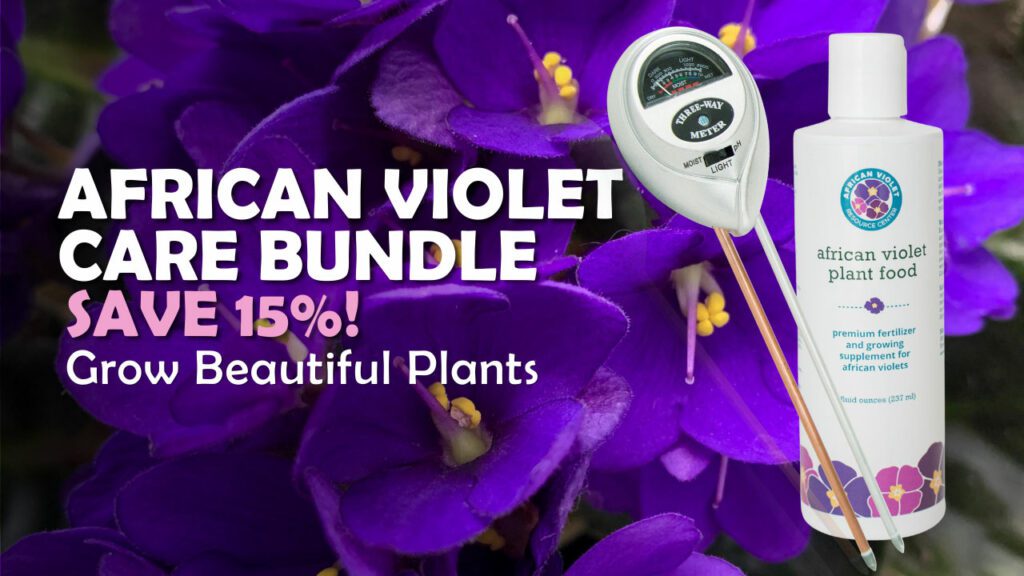What’s the perfect houseplant for you?
If you’re not sure which plant works best for your home, personality, and lifestyle, let’s use your plant personality to find out.
Your Plant Personality
To find out what kind of plant owner you are, consider the following:
-What types of plants do you like most? Are you drawn to cute, funky succulents or tall, graceful ficus trees? Do you love the leafy, playful appearance of golden pothos, or do you love the striking, Dr. Seuss-y vibe of dracaena trees?
-What problems have you run into with previous houseplants? Do you tend to forget about plants and leave them to dry out, or do you love them to death with over-watering?
-Are you experienced or brand new to houseplants?
-Do you aspire to become a master indoor gardener or do you just want a few easygoing plants to liven up your space?
-Are you fascinated with exotic, hard-to-find varieties, or do you love the familiar standbys you can find at most garden centers?
We find there are about 5 main plant owner personalities, and you probably know which one you are:
Fussy over-waterer: You tend to love your plants TOO much by over-watering them or moving them too much.
Forget about it: You often forget to water or care for your plant until it’s a dried-out husk in a pot.
Novice: You’ve never really cared for houseplants before and you’re looking for an easygoing plant to get started.
Aspiring expert: You’re comfortable caring for most plants and are looking to step up your game.
Adventurer: You’re looking for rare or challenging plants.
Know your houseplant personality? Let’s find your perfect houseplant!
Find Your Perfect Houseplant for Your Plant Personality
Fussy over-waterer
These plants LOVE water and are unlikely to develop root rot if you get a little carried away with your watering can. (Or if your partner or child decides to “help” by watering your plant!)
- Lucky bamboo: This plant lives in water and pebbles, so you can’t actually over-water it! Just change the water regularly.
- Pothos: These plants are flexible with water needs and aren’t likely to rot on you if you happen to over-water them.
- African violets: These guys prefer their soil to be constantly on the moist side. Perfect if you have a heavy hand with the watering can!
- Cyperus: These unusual-looking plants are native to swamps, so they can handle over-watering with no problem.
- Boston fern: This plant also comes from very moist environments, so they prefer a big more water than most houseplants.
Forget about it
These plants can go longer periods without water. If you forget to water one week, these plants probably won’t even notice. (In fact, forgetting to water is the best way to care for some of these!)
- Snake plant – Neglect is practically required for these plants, as they easily go up to a month without water.
- Cactus: This desert dweller prefers dry soil, so it’s perfect if you can’t remember a watering schedule to save your life (or your plants!)
- Succulents like aloe vera: Ditto. These are desert plants accustomed to drought conditions, so they prefer to dry out completely between waterings.
- Pothos: If you forget to water and prefer leafier plants, pothos is perfect! These gorgeous houseplants are flexible with your watering needs and won’t throw a fit if their soil dries out.
- Peace lilies: Peace lilies will tell you when they need a drink, so if you see it drooping, it’s time for a watering! Peace lilies are very hard to kill and are perfect for plant owners who need a reminder to water.
Novice
These are perfect toe-dipper houseplants for even the newest, most nervous houseplant parent. They aren’t super fussy about their light and water needs and are hard to kill!
- Snake plant: Again, these plants do best if you forget about them. Make sure they get at least some light and water them every couple of weeks. It doesn’t get easier than that!
- Pothos: This is the third time we’ve mentioned pothos, but it’s for good reason. This forgiving plant doesn’t need a ton of light or water, and it tolerates a little over-watering as well. Perfect for newbies!
- Dracaena: This plant likes its soil to dry out between waterings and just doesn’t require a ton of upkeep.
- Spider plant: This is a classic beginner plant! It requires very little maintenance and won’t get mad at you if you don’t do it perfectly.
- Peace lily: This plant “tells” you when it’s thirsty by drooping, so it’s a great plant if you want to add some greenery but still need training wheels.
Aspiring expert
These plants are perfect for when you’re feeling more confident and want to take your indoor gardening skills up a notch. They have specific needs, but luckily, those needs aren’t super difficult to fulfill if you understand them.
- Fiddle leaf fig: This stunning tree loves bright light but must be acclimated to full sun, and it will protest if it doesn’t get the right of water. There’s a bit of a learning curve, but you’ll fall in love with them once you get the hang of a consistent care schedule!
- Monstera deliciosa: This is another popular houseplant with specific light and water needs, and they also need regular pruning because these guys grow BIG. (They don’t call them monsters for nothing!) Once you get it right, they’ll reward you with those beautiful, iconic leaves with the characteristic fenestrations.
- Orchids: Though notoriously fussy, orchids are actually relatively easy to grow once you find out what they want. It might take a few to get the hang of it, but you’ll get there!
Adventurer
If you’re hungry for a challenge and some rare specimens to show off to your planty friends, try these hard-to-find (and possibly hard to care for) varieties.
- Variegated fiddle leaf fig: Variegated plants are more difficult to care for because their leaves contain less chlorophyll, the substance that allows the plant to create energy from sunlight. But they’re so beautiful, if you can find them AND keep them alive!
- Thai constellation monstera: Like the variegated fiddle, this is an advanced version of the monstera if you’re ready to level up!
- Orchids: Okay, okay, we included these on another list, but orchids do have a steep learning curve. However, they’re absolutely stunning and well worth the effort! (Well, we think so.) Orchids’ light needs also vary depending on the color, so care may different from plant to plant.
- Zebra plants: These plants know what they want, and they’ll sulk if they don’t get it! But if you provide the perfect light, humidity, and watering conditions, it will gift you lots of striking white and green leaves and maybe even yellow flowers!
Care for all your houseplant friends
After reading this, you’ll probably want to collect tons of houseplants! I get it. I own over 18 varieties of plant, and sometimes several of the same variety. I have 6 fiddle leaf figs alone!
One of the biggest problems I ran into was finding the right fertilizer for all my houseplants and remembering to fertilize them on their preferred schedule. (Let’s just say it didn’t go well.)
That’s why I created Indoor Plant Food. I now use this liquid fertilizer on almost all my houseplants, and it’s gentle enough to use with every watering, so I no longer have to remember a schedule.


If you’re an aspiring houseplant parent and want an easy way to care for all your different varieties, check out Indoor Plant Food!
You’ll find your perfect houseplant in no time!





